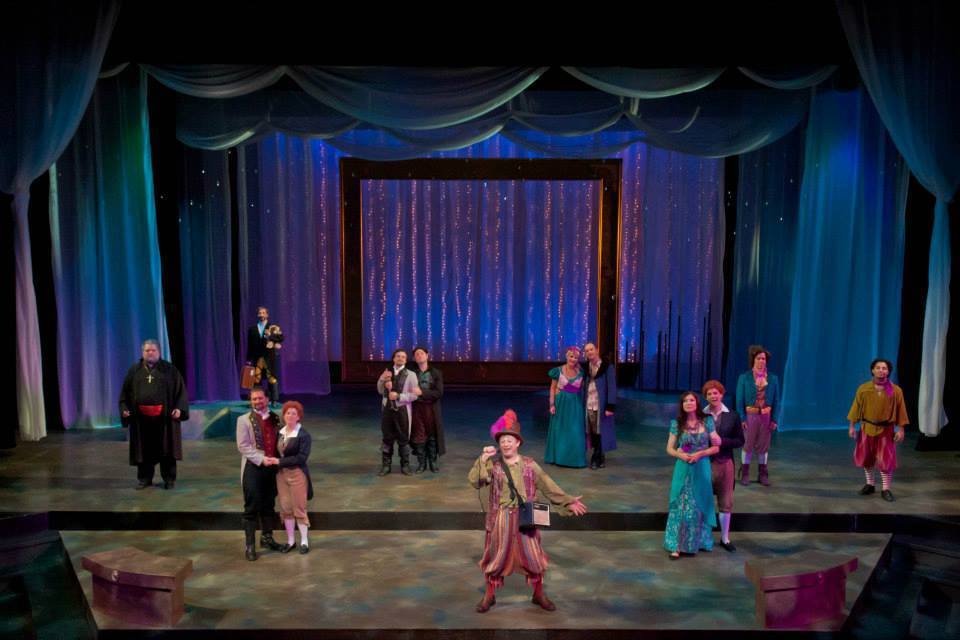“Lesser artists borrow; great artists steal.” — Igor Stravinsky
A familiar quote, hilariously misattributed to Picasso by Steve Jobs.
But Stravinsky, ever the great artist, was himself stealing. The line actually belongs to T.S. Eliot:
"The immature poet imitates; the mature poet plagiarizes." — T.S. Eliot
But wait! The original construction belongs to W.H. Davenport Adams, and has a different tenor:
“That great poets imitate and improve, whereas small ones steal and spoil.” — W.H. Davenport Adams
To me, it's the last one that rings truest. As an author, I borrow words all the time. I borrow great foibles, I borrow structure – hell, I borrow history itself. I borrow from peers and idols, I borrow madly. But never with the intention to imitate or build upon someone else's work. I borrow because I can then work with the borrowed bit to make it my own.
In theatre, we borrow all the time. ALL. THE. TIME. Concepts, lighting effects, costume ideas, accents, mannerisms, set pieces, hairstyles, music – all of it. The very words we utter are borrowed from the playwrights (though they, at least, get credit), and we bring as much of our own truth to those words, hopefully making them our own.
There is a line, however, where it stops being being imitation and improvement, and it begins to be theft and spoilage.
A few years back, I was part of the cast of a wonderful production of Twelfth Night at the Michigan Shakespeare Festival. It was one of those shows where everything worked: the concept-for-production completely gelled, the performers had a ball, audiences wept with laughter, and everyone leapt to their feet as we sang the closing song. A truly marvelous experience.
Just a year later, I read a review of another nearby theatre's production of the same show, which had taken not only the director's concepts of setting and style, but actually physically reproduced our set concept, and incorporated the use of tableaus and music in the same manner we had. I was annoyed. This was not imitation. This was theft.
There was nothing to be done. Nothing's gained by raising a fuss, save earning the kind of publicity that some people think helps but rarely does. It wouldn't have made anyone change their theatre habits, and no one likes the guy who yells at the umpire over a bad call. And as the plagiarists were part of a community theatre, it would be punching down.
Not to say professional theatre is immune from thieving. There are other (in)famous examples of theatrical 'appropriation' going the other direction, where a small theatre has a new concept for a classic show that then gets gobbled up by a big house, which is suddenly praised for its 'daring', ignoring the fact that it was the little guy being daring and the big guy reaping the profits.
This has been on my mind today, and I'm curious to where the line is. There are certain moments in well-directed plays that, once seen, defines the moment. Doing it any other way feels foolish. But then, if everyone starts doing that moment the same way, the surprise is gone, and it's time to shake things up with a new approach.
So where is that ever-elusive line? What is borrowing, and what is theft? Like crime, it is a matter of intent. Like pornography, I know it when I see it.
To me, theatre is the exploration of truth. Borrowing from others towards finding your own truth is part of the game. But stealing a whole show isn't your truth. It's someone else's.
(By the way, all the above quotes were stolen from this website. See for yourself)


